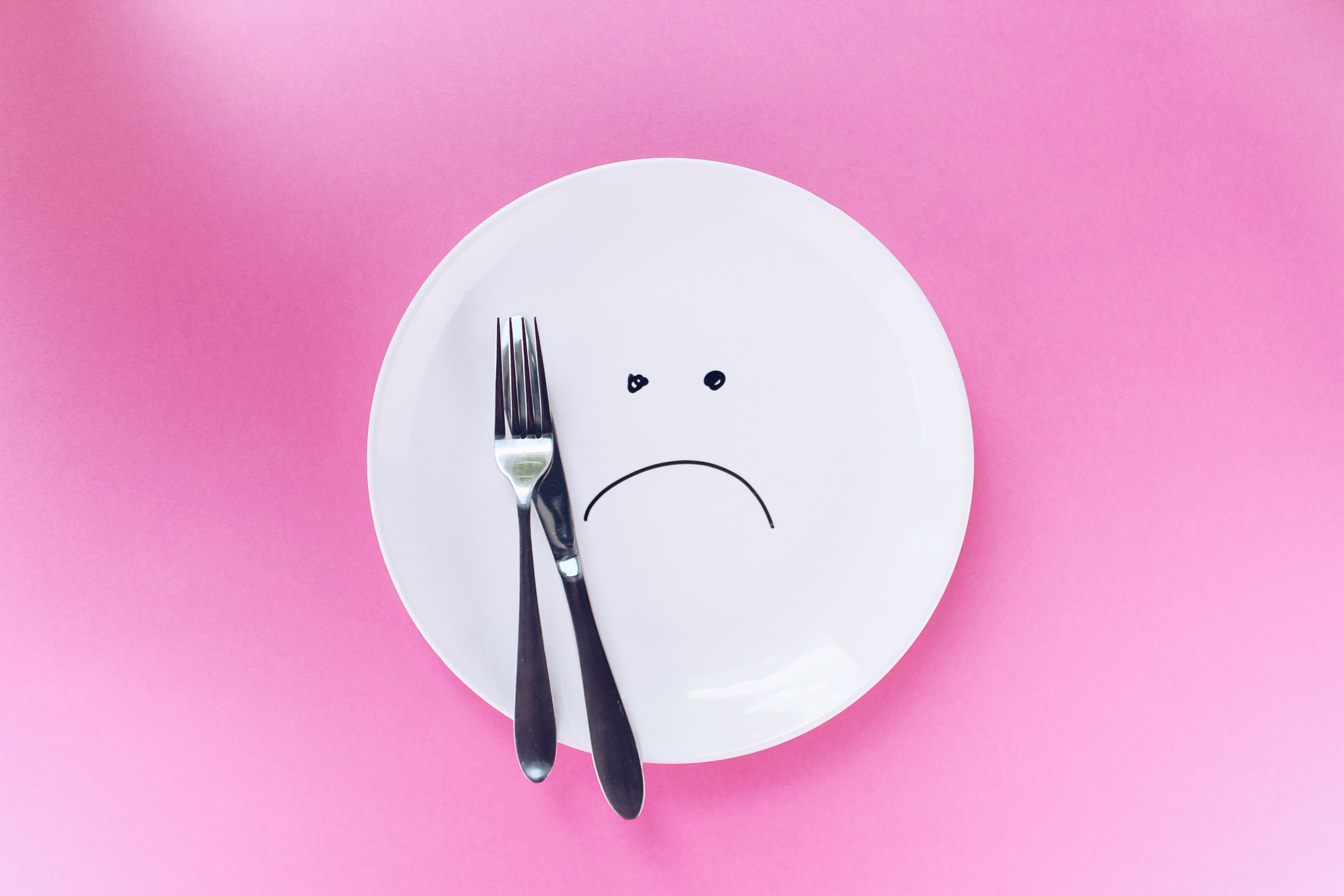Eating Disorders

When we think of having a healthy diet, we naturally think of how this will impact our body. What we often overlook is how our diet impacts our mental health. Research continues to support this idea that our very diet can leave us more susceptible to negative moods and even our overall mental health (Firth […]

Many people struggle with body image, especially with societal pressures and constantly seeing perfectly photoshopped celebrity bodies online. However, it is important to remember that there is no standard of beauty and you are beautiful just the way you are.

If you are someone on a journey to learn more about your eating habits, in recovery from an eating disorder, or someone genuinely interested, this blog will discuss what intuitive eating is. Diet culture can be a difficult approach towards someone’s weight loss goals. It often cycles between restriction and exercise which can put someone at risk to develop disordered eating or an eating disorder. This mindset of a transaction and “bad” food items to be earned through restriction, exercise, or calorie counting can be an unhealthy mindset towards someone’s overall wellbeing. Our body is an amazing tool and vessel. Sometimes we can ignore what it is telling us it may need. Intuitive eating is an approach to shift our focus from what we know, towards a healthier relationship with food. Not one filled with anxiety, stress, guilt, sadness, and shame if we have a donut, or “ate horribly today”. Intuitive eating is an anti-diet approach where you are more mindful and connected with your body as it tells you what it needs. Through this, you learn not to judge yourself or listen to diet culture tones. Our body tells us when it is hungry, when it is thirsty, when it is starving, and what is satisfying.

Diet culture can be harmful and put you at risk for developing an eating disorder or form disordered eating habits. Diet culture is a pervasive belief that appearance and body shape are more important than physical, psychological, and general well-being. It is more of an idea that if you can control your body, and more importantly your diet, this is normal. Diet’s emphasize limiting what and how much you eat, it can lead you to count calories or choose low fat and low carb options. You can develop more attention towards weighing yourself frequently and if you don’t reach your weight loss goals or gain weight, this can negatively impact your mood and motivation. Diet culture normalizes labeling food as good or bad and thinking it is more of a transaction. This means, you either earn it or don’t deserve it depending on how much you have exercised or how you have eaten that day or week so far. Beyond this, it can extend to labeling yourself as good or bad for eating some of these foods.

Body neutrality is a movement and approach to redefine our values and standards of ourselves, shed the pressures of societal beauty standards, and love ourselves in an entirely new way, not on appearance, but function. We can learn more about ourselves and focus on acceptance of ourselves, without an inherent focus on our bodies. Below are a few ways to move toward a body neutrality stance toward ourselves:

The holidays can be a stressful time for many people. There is much to coordinate from who is hosting, to navigating the many homes you may have to visit across family members. You may experience stress around the finances of buying gifts, worry around seeing people you may not like, or concern about that one family member that says a lot of controversial or offensive things. Stress may also arise when seeing your parents especially if you don’t have the best relationship with them. The holidays can be filled with a lot of anxiety, depression, and stress. For those struggling with eating disorders the holidays also bring up a lot of stress around food and eating. The holidays can also serve as a trigger if you struggle with an eating disorder or emotional eating. There may be a lot of fear foods for you, not a lot of support or escape and worry to stick to a meal plan or therapy goals. In a time of the year with a lot of gatherings, seeing people, and body conscious meals here are some strategies for planning ahead this holiday season:

It can be difficult to love how we look, love the shape of our body, our current weight, or natural hair color. It is often easy to compare ourselves to our favorite celebrities, models in fashion and beauty magazines and their photoshopped pictures , all of which can make us feel inadequate. However, the way we view ourselves has begin to shift with more focus on the body positivity movement. This movement focuses on loving all bodies, shapes, sizes , colors, genders, and abilities. Another movement that is becoming more prominent is body neutrality which focuses on appreciating what the body can do, not the appearance.
Let’s talk about both movements and how these viewpoints can allow us to make peace with our bodies.

Eating disorders can be complicated, confusing, and overall a frustrating truth for some people. Recovery is not linear, easy, or as simple as “just eat”. It’s not simply “just buy clothes that fit you”, or “maybe you should start going to the gym?”. Some of these comments can be incredibly hurtful, triggering, and lead to a relapse and worsening symptoms. There are some myths about eating disorders that can lead some people to not take the diagnosis seriously. Recovery is the most successful when you and your family and/or support system learn about common eating disorder myths and accept a new way of thinking. Eating disorder recovery may challenge common beliefs you have learned over your lifetime, generationally through your family, society, or medical professionals. Let’s take the time to get familiar with the truth!

If you are a parent seeking out help and to better understand how to support your child, male or female, living with an eating disorder, below are some strategies and resources for you. Maybe you just started to learn more, or you are here because you suspect your child is struggling with unhealthy eating habits, or maybe something more severe.

Now you know what an eating disorder is, but you want to learn more facts about how prevalent they are! Wonderful. You have come to the right place. There are many resources out there to help you understand more about eating disorders.